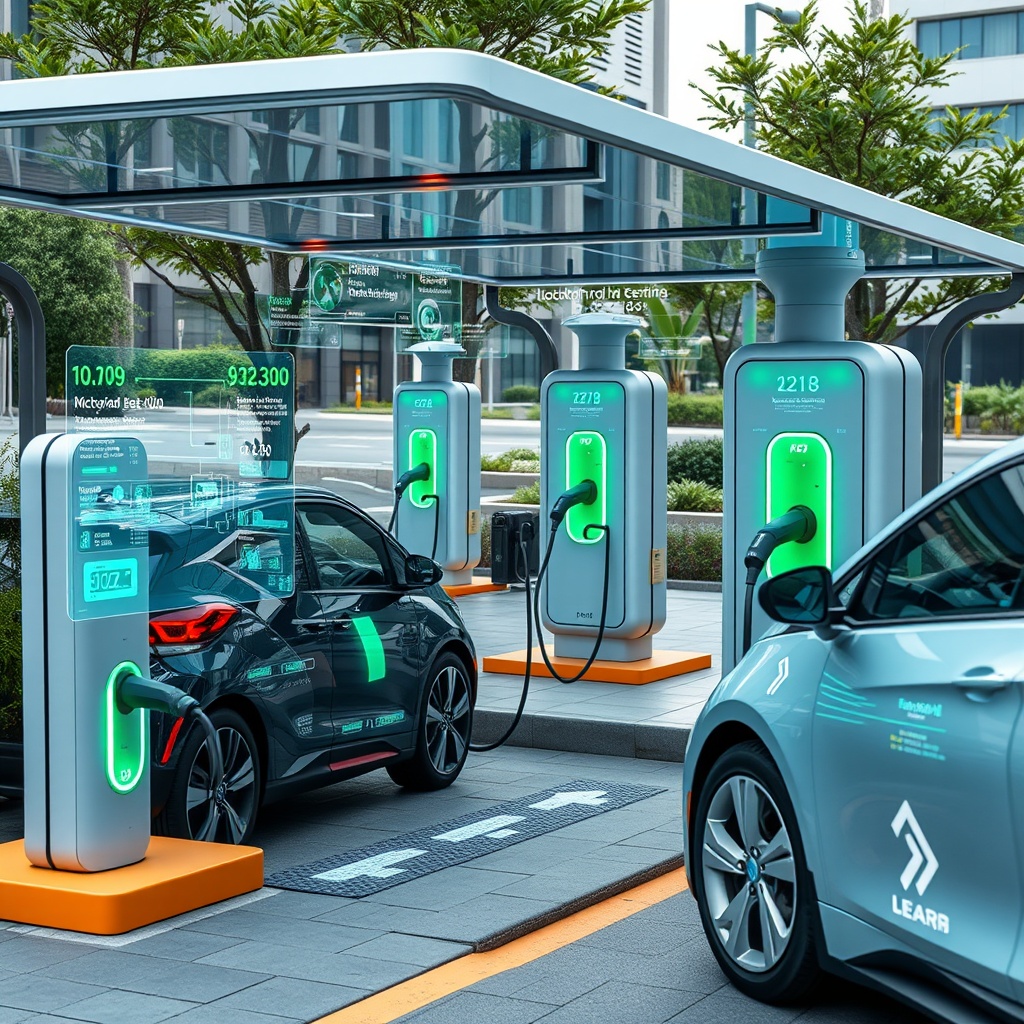Revolutionizing Transaction Transparency

The integration of blockchain technology into electric vehicle (EV) charging networks is set to redefine how users interact with charging infrastructure. By leveraging decentralized ledger technology, stakeholders can enhance transparency and security in financial transactions. This innovation not only streamlines payment processes but also fosters trust among users, service providers, and energy suppliers.
Blockchain’s inherent features, such as immutability and cryptographic security, ensure that all transactions are recorded accurately and cannot be tampered with. This aspect is particularly crucial in the EV sector, where users demand reliability and integrity in their charging experiences.
Enabling Smart Contracts for Seamless Operations
Smart contracts, powered by blockchain, facilitate automated agreements between users and charging stations. These self-executing contracts allow for real-time transactions based on predefined conditions, effectively eliminating intermediaries and reducing costs. For instance, users can pay for their charging sessions automatically, as the smart contract verifies the energy dispensed, the rate, and the user’s payment method.
Moreover, smart contracts can optimize energy distribution by dynamically adjusting pricing based on demand, availability of renewable energy sources, and grid conditions. This capability not only benefits users but also supports grid stability and contributes to sustainable energy practices.
Comparative Benefits of Blockchain in EV Charging
Adopting blockchain technology in electric vehicle charging networks presents several advantages over traditional systems. Below is a summary of key benefits:
- Enhanced Security: Blockchain’s decentralized nature minimizes risks associated with data breaches and fraud.
- Improved Efficiency: Automated processes reduce transaction times and operational costs.
- Increased Accessibility: Users can easily locate and access charging stations with transparent pricing.
- Data Integrity: Immutable records ensure accurate tracking of usage patterns and payment history.
- Interoperability: Blockchain facilitates seamless interactions across different charging networks and service providers.





